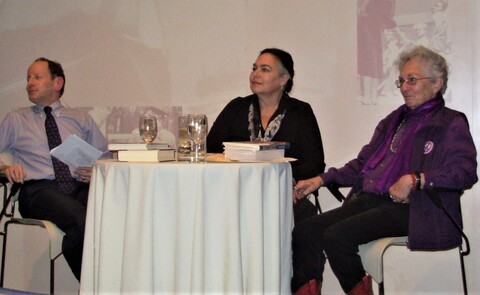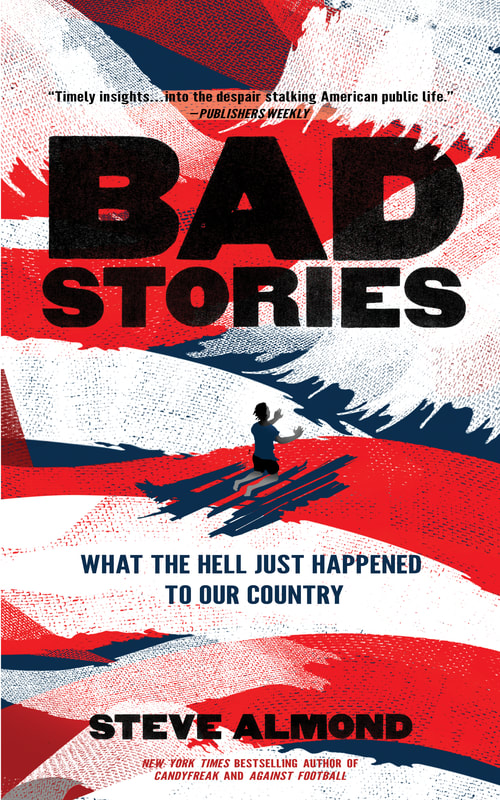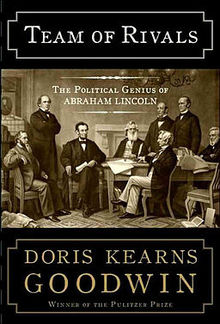
Life doesn't end. It merely changes form.
I've never been a fan of what I call the "Bleak School of Literary Book Writing." In my many-times rejected and ignored short story "Metamorphosis or How to Become a Famous Writer or How to Make it Okay to Eat Unlimited Quantities of Candy Corn," the first-person protagonist (a struggling writer) defines this genre as fiction that "ascribes to the philosophy that life sucks, there is no way out, and this is best expressed through endless lists of obscure adjectives, designed to inject just enough intellect and depth to appeal to serious reviewers and get those oh-so-important front-cover praise blurbs."
I've recently read two books in a row that do not fit into this School because they are, in the case of the classic A Meaningful Life by L. J. Davis, filled with humor, or in the case of The Mustache by Emmanuel Carrère, decidedly not bleak because of the high-energy Kafka-esque plot turns. However, both of their endings seem to ascribe to the Bleak School's notion that if you can't get what you want, if you can't control life, if you can't even agree on a common reality, life is not worth living or else it is merely a bleak and hopeless exercise to tolerate.
In a no-longer available blog about Herman Melville's novella Bartleby, the Scrivener, I made the point that I don't believe Bartleby, a man who simply refuses to participate in life, is a victim of his oppressive obligation to make money unhappily, but rather he is walking apathy—a choice. Yes, he has an apparently loveless, joyless, purposeless life, in which (as in the earlier-referenced books) he cannot get what he wants and his death seems to be an attempt to at least control that. But I posit that all these conclusions are a kind of delusion and misunderstanding of what life is and what it is for. And therefore they are, in a sense, false endings. Read More





 James Comey is a very good writer, storyteller, and teacher, so on a literary level (except for one odd plot order choice—the highly dramatic John Ashcroft hospital showdown between Comey and Bush representatives—which I suspect has to do with the need to insert a ton of detailed background information), this book works.
James Comey is a very good writer, storyteller, and teacher, so on a literary level (except for one odd plot order choice—the highly dramatic John Ashcroft hospital showdown between Comey and Bush representatives—which I suspect has to do with the need to insert a ton of detailed background information), this book works.

 This book is staggeringly good. I was familiar with Steve Almond from his short stories, but this is straight journalism at its best (which he teaches at Harvard). (It is clear from Almond's thought processes and messages to students, presented in this volume, that he is a great teacher and seasoned journalist.)
This book is staggeringly good. I was familiar with Steve Almond from his short stories, but this is straight journalism at its best (which he teaches at Harvard). (It is clear from Almond's thought processes and messages to students, presented in this volume, that he is a great teacher and seasoned journalist.) Timing is important. There is a time for rage and a time for laughter, and right now rage reigns—as it should. After centuries of suppression, critical mass has been reached, the #MeToo movement has exploded, and male bodies are flying. Time magazine has put it on its cover. It's about time!
Timing is important. There is a time for rage and a time for laughter, and right now rage reigns—as it should. After centuries of suppression, critical mass has been reached, the #MeToo movement has exploded, and male bodies are flying. Time magazine has put it on its cover. It's about time! It's not complicated: "No" means no. "No, I don't want to do that." "No, stop that." "No, I don't think that is funny."
It's not complicated: "No" means no. "No, I don't want to do that." "No, stop that." "No, I don't think that is funny." What really happened? What always happens: Politics, like life, is not fair. Nobody tells the whole truth. Everybody thinks they're right and excoriates everybody who doesn't agree with them. And the best we can do with this mess is try to listen to everybody with an open mind, make the best choices we can—knowing that none of them are perfect, and when we are in peril, choose whatever compromise most assures life.
What really happened? What always happens: Politics, like life, is not fair. Nobody tells the whole truth. Everybody thinks they're right and excoriates everybody who doesn't agree with them. And the best we can do with this mess is try to listen to everybody with an open mind, make the best choices we can—knowing that none of them are perfect, and when we are in peril, choose whatever compromise most assures life. This is a wonderful nuanced book that resonates mightily with and informs what is going on today. Read it if you want to understand any kind of historical basis for what is now happening in the U.S. Read it if you love the minutia of history—every conversation ever recorded during the Lincoln period, every permutation and convolution of the Civil War, the complex emotional motivations behind the factions (a lot of people fought more for preservation of the union than out of any conviction about slavery)—or if you feel as if you need to learn U.S. history. This book has garnered enormous public attention as well as an award-winning movie based on it, so I am not going to write more commentary on what is in it. Instead, here are some opinions about the very important content that is missing.
This is a wonderful nuanced book that resonates mightily with and informs what is going on today. Read it if you want to understand any kind of historical basis for what is now happening in the U.S. Read it if you love the minutia of history—every conversation ever recorded during the Lincoln period, every permutation and convolution of the Civil War, the complex emotional motivations behind the factions (a lot of people fought more for preservation of the union than out of any conviction about slavery)—or if you feel as if you need to learn U.S. history. This book has garnered enormous public attention as well as an award-winning movie based on it, so I am not going to write more commentary on what is in it. Instead, here are some opinions about the very important content that is missing.